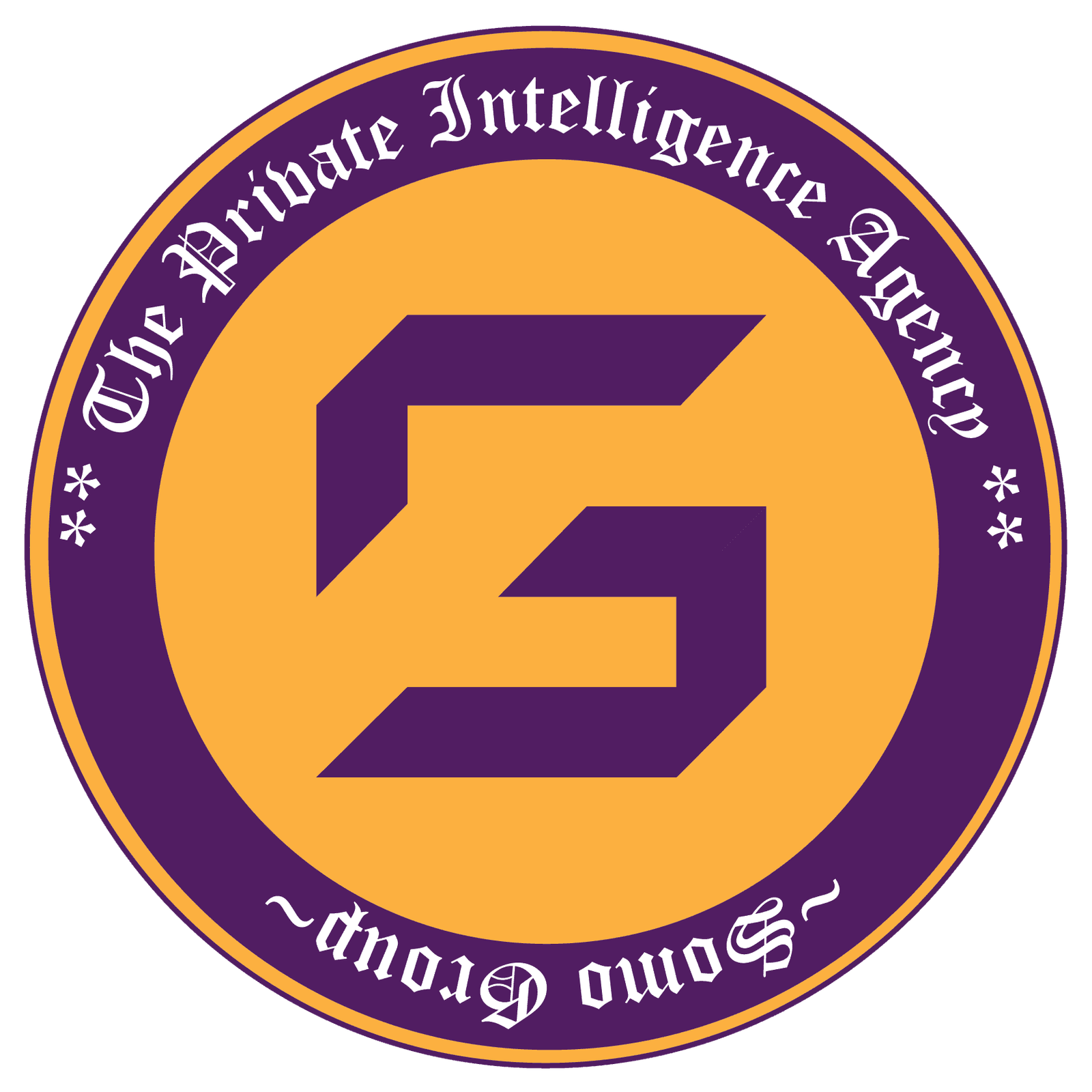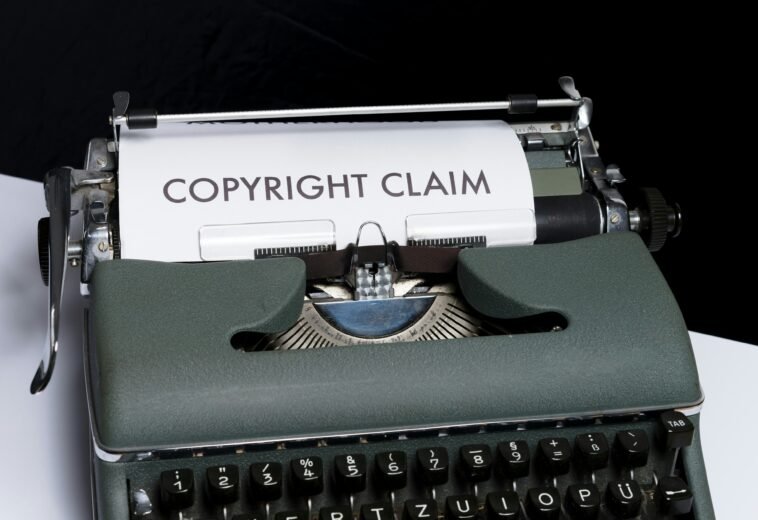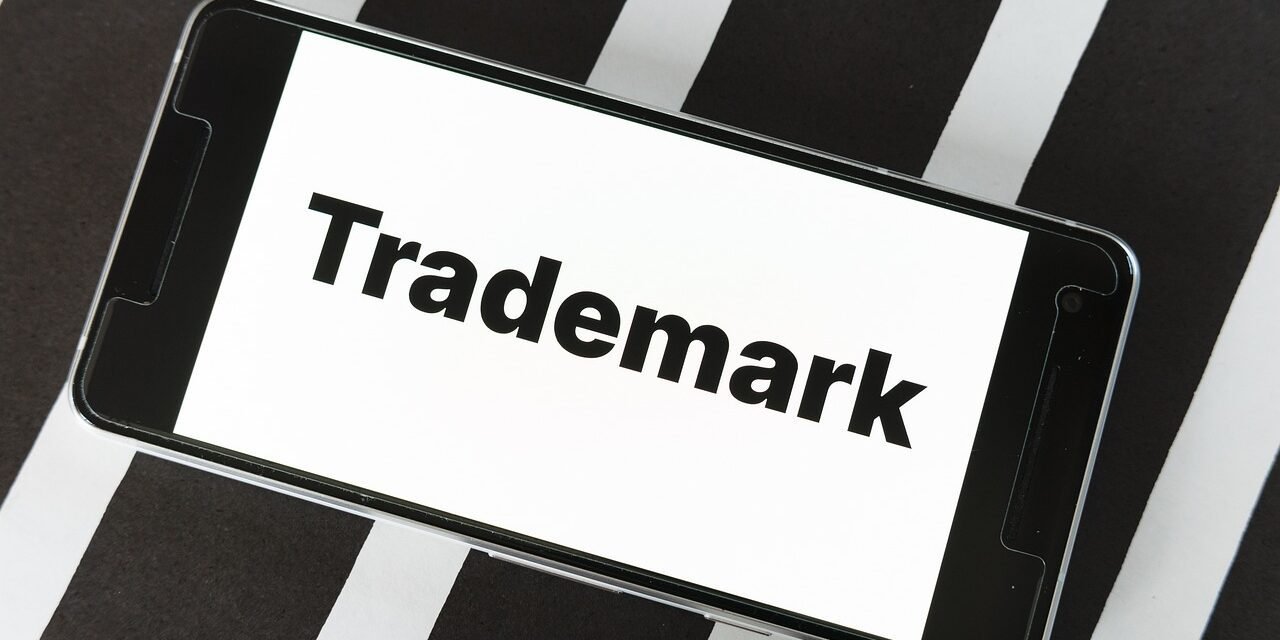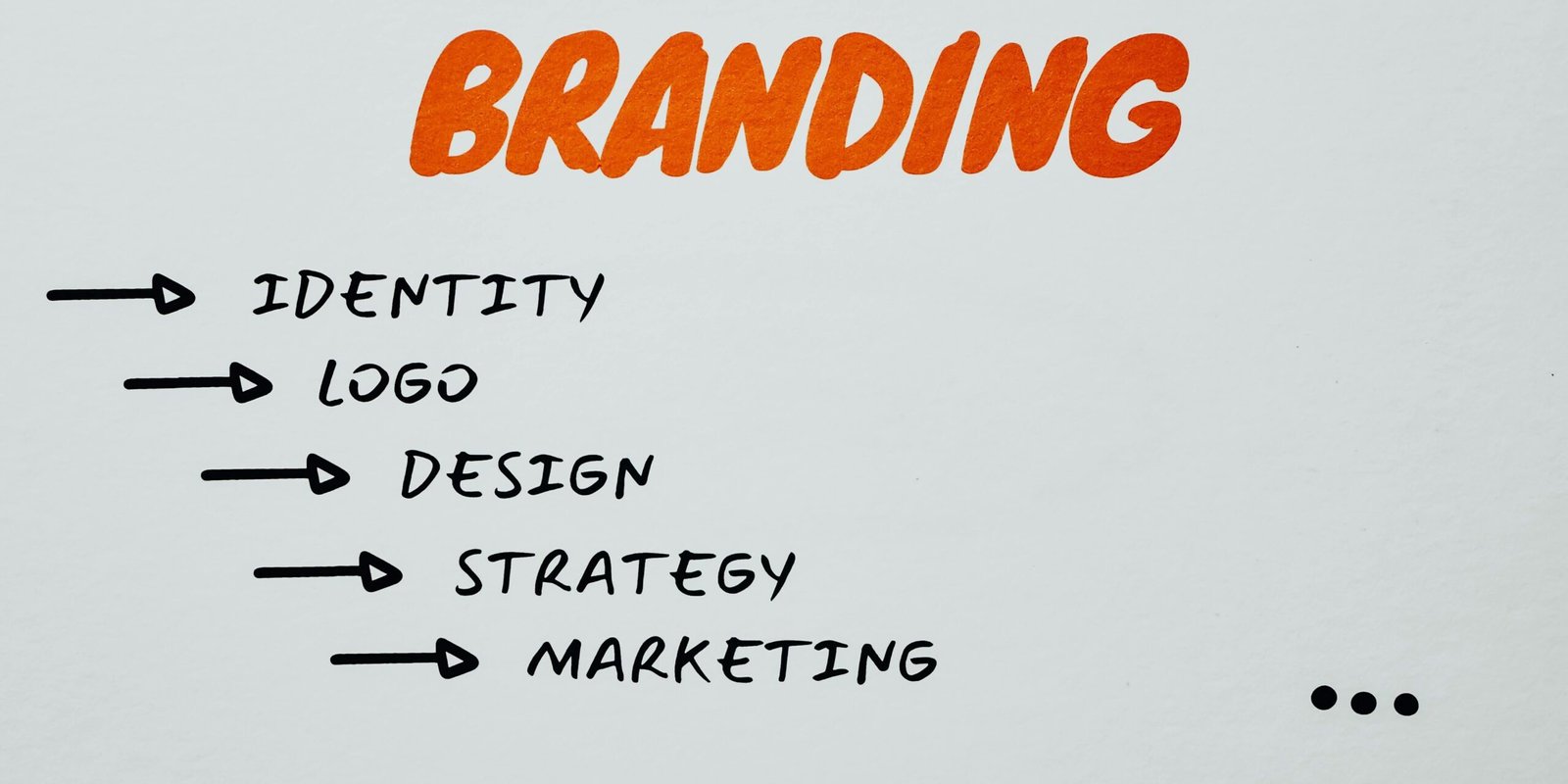Reporting Copyright Infringement
How to Report Copyright Infringement
Copyright infringement is a serious violation of intellectual property rights that can significantly impact creators and businesses. If you discover that your copyrighted work has been used without your permission, it’s crucial to know how to report the infringement and protect your rights. This guide will walk you through the steps to report copyright infringement, the legal framework, and the importance of protecting intellectual property.
Understanding Copyright Infringement
Definition of Copyright Infringement
Copyright infringement occurs when someone uses a copyrighted work without permission from the copyright holder in ways that violate the holder’s exclusive rights. These rights include reproduction, distribution, public performance, public display, and the creation of derivative works.
Examples of Copyright Infringement
- Illegal Downloads: Downloading music, movies, or software without authorization.
- Unlicensed Use: Using copyrighted images or text on websites or in publications without permission.
- Piracy: Copying and selling copyrighted material without authorization.
- Plagiarism: Copying someone else’s work and presenting it as your own.
Steps to Report Copyright Infringement
Step 1: Identify the Infringement
Before taking any action, you need to identify and document the infringement. This includes gathering evidence such as:
- Screenshots: Capture images of the infringing material.
- URLs: Note down the web addresses where the infringement is occurring.
- Copies of the Infringing Work: Save copies of the infringing work for your records.
Step 2: Verify Your Copyright Ownership
Ensure that you hold the copyright to the work in question. This may involve checking registration documents or other proofs of ownership. While copyright protection is automatic upon creation, having a registered copyright can strengthen your case.
Step 3: Contact the Infringer
In some cases, contacting the infringer directly can resolve the issue. A polite but firm request to remove the infringing material may suffice. This can be done through:
- Email: Send a formal email outlining the infringement and requesting the removal of the material.
- Cease-and-Desist Letter: A more formal approach involving a legal notice demanding the infringer stop using your work and remove the infringing material.
Step 4: File a DMCA Takedown Notice
If the infringement occurs online, you can file a DMCA (Digital Millennium Copyright Act) takedown notice. This is a legal request to remove infringing content from the internet. The steps include:
- Identify the Service Provider: Determine which service provider hosts the infringing content (e.g., website hosting company, social media platform).
- Draft the Takedown Notice: Include the following information:
- Your contact information.
- A description of the copyrighted work.
- The location of the infringing material.
- A statement that you believe in good faith that the use is not authorized.
- A statement under penalty of perjury that the information is accurate.
- Your electronic or physical signature.
- Send the Notice: Submit the notice to the service provider’s designated agent.
Step 5: Contact the Appropriate Authorities
If the infringement is severe or if you cannot resolve the issue through the previous steps, you may need to escalate the matter by:
- Consulting an Attorney: Seek legal advice to understand your options and potentially file a lawsuit.
- Reporting to Law Enforcement: In cases of willful infringement, criminal charges may be applicable.
Step 6: Monitor and Follow Up
After reporting the infringement, monitor the situation to ensure that the infringing material is removed and that the infringer complies with your requests. Follow up with the infringer or the service provider if necessary.
Legal Framework for Reporting Copyright Infringement
United States Copyright Law
In the United States, copyright law is governed by Title 17 of the U.S. Code. The DMCA provides a legal framework for addressing online copyright infringement. Under the DMCA, service providers must remove infringing content upon receiving a proper takedown notice.
Kenyan Copyright Law
In Kenya, the Copyright Act, 2001 governs copyright protection. The Kenya Copyright Board (KECOBO) administers the Act and provides mechanisms for reporting and addressing infringement. KECOBO’s website offers resources and contact information for reporting infringements.
International Treaties
Several international treaties set standards for copyright protection, including:
- Berne Convention: Establishes minimum standards for copyright protection among member countries.
- TRIPS Agreement: Part of the World Trade Organization (WTO) agreements, which sets out minimum standards for intellectual property protection, including copyright.
The Importance of Protecting Intellectual Property
For Creators
Protecting your intellectual property is crucial for safeguarding your creative efforts and ensuring you receive recognition and financial compensation. Effective protection can:
- Prevent Unauthorized Use: Deter others from using your work without permission.
- Ensure Revenue: Secure income from your creations through licensing or sales.
- Maintain Control: Retain control over how your work is used and distributed.
For Businesses
Businesses rely on intellectual property to differentiate themselves in the market and maintain a competitive edge. Protecting intellectual property can:
- Protect Brand Value: Ensure that your brand identity and reputation are not diluted by unauthorized use.
- Support Innovation: Encourage investment in research and development by securing the benefits of innovation.
- Avoid Legal Risks: Prevent costly legal disputes and potential damages from infringing on others’ rights.
Common Challenges in Reporting Copyright Infringement
Identifying the Infringer
Sometimes it can be challenging to identify the infringer, especially if the infringement occurs online. Websites may not provide contact information, or the infringer may use pseudonyms.
Cross-Border Infringement
Infringement can occur across borders, complicating enforcement efforts due to differences in national laws and enforcement mechanisms.
Response Time
Service providers and infringers may not respond promptly to takedown notices or cease-and-desist letters, delaying the resolution of the issue.
Legal Costs
Taking legal action can be expensive, particularly for individual creators or small businesses. Legal fees, court costs, and other expenses can add up quickly.
Technological Solutions for Detecting Copyright Infringement
Digital Rights Management (DRM)
DRM technologies control the use of digital content, preventing unauthorized copying and distribution. These technologies can be used to protect music, movies, software, and other digital works.
Content ID Systems
Automated systems, such as YouTube’s Content ID, identify and manage copyrighted content on digital platforms. These systems help detect unauthorized use and allow copyright holders to monetize or block infringing content.
Watermarking
Digital watermarks embedded in images, videos, and documents can help track and identify copyrighted material. Watermarks make it easier to prove ownership and detect unauthorized use.
The Role of Investigative Services
Professional Investigative Services
In complex cases of copyright infringement, professional investigative services can be invaluable. These services can help:
- Identify Infringers: Track down individuals or entities responsible for infringement.
- Gather Evidence: Collect and document evidence of infringement for legal proceedings.
- Enforce Rights: Assist in taking legal action against infringers.
Somo Group Intelligence
Somo Group Intelligence offers comprehensive investigative services to identify and address copyright infringement. Their expertise can help creators and businesses protect their intellectual property and take appropriate legal action.
Ethical Considerations in Reporting Copyright Infringement
Balancing Protection and Access
While protecting intellectual property is important, it’s also essential to balance protection with access to information and cultural works. Overly aggressive enforcement can stifle creativity and access to knowledge.
Fair Use and Exceptions
Copyright law includes exceptions, such as fair use, which allow limited use of copyrighted material without permission for purposes like criticism, comment, news reporting, teaching, scholarship, or research. Understanding these exceptions is crucial to ensure that enforcement actions do not overreach.
Conclusion
Reporting copyright infringement is a critical step in protecting your intellectual property rights. By following the steps outlined in this guide, you can effectively address and prevent unauthorized use of your work. Whether you are a creator or a business, understanding the legal framework and using technological solutions can help safeguard your intellectual property. If you face challenges with copyright infringement, consider enlisting the help of a professional agency like Somo Group Intelligence to investigate and protect your rights effectively.
- 160 views





